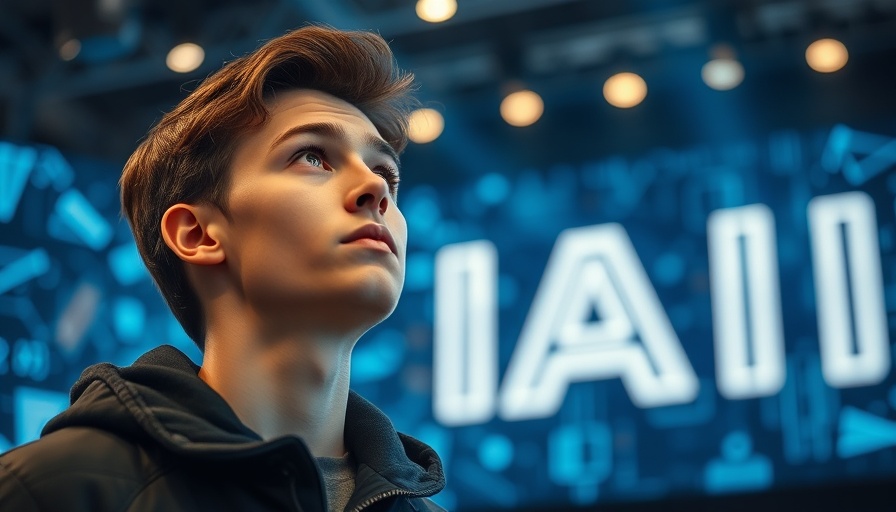
AI's Journey into Creative Writing: A Double-Edged Sword
Recently, OpenAI showcased a new large language model capable of generating creative writing, sparking a heated debate within literary circles. The 1,172-word metafictional short story it produced has led to contrasting opinions about the potential of AI in literature. As with any emerging technology, the implications of this AI writing are complex and multi-faceted, raising questions about creativity, authenticity, and the future of storytelling.
The Story Behind the Story: Exploring AI's Grasp of Emotion
The narrative centers around Mila, a woman grappling with loss, who communicates with an AI narrator that attempts to understand her grief through coded reflections. Sam Altman, CEO of OpenAI, described the output as a profound portrayal of metafiction, stating it “got the vibe of metafiction so right.” However, critics like Ezra D. Feldman suggest that while the prose demonstrates an interesting blend of language, it lacks the philosophical depth typically found in human-authored metafiction. This dichotomy illustrates a significant concern: can an AI truly understand complex human emotions?
The Impact of AI on Traditional Publishing: Challenges Ahead
The rise of AI in creative writing is already impacting the publishing industry. Some critics foresee potential backlash from writers and readers alike, worried that AI-generated content will not only saturate the market but also diminish the value placed on human storytelling. Reece Hayden, an analyst, warns that concerns regarding intellectual property rights may pose challenges to AI's acceptance in creative realms. How will industries navigate these increasingly blurred lines between human and AI-generated works?
Humanity in Prose: The Emotional Disconnect of AI Writing
A common critique of AI writing is its emotional flatness. Feldman highlights that human writers are intrinsically tied to their narratives, driven by personal experiences and relationships. AI, on the other hand, lacks this inherent motivation. As AI-generated works begin to circulate, readers might grapple with a sense of disconnect from the emotional truths that typically characterize beloved literature.
What's Next? The Future of AI in Creativity
As AI models become increasingly sophisticated, what does the future hold for creative writing? Authors and industry experts ponder whether AI can assist rather than replace human writers. For instance, using AI to stimulate ideas or overcome writer’s block could represent a new partnership rather than competition. Yet, the ethical implications of AI-generated content remain critical—how can we ensure transparency while nurturing creativity?
Conclusion: A Call to Embrace Critical Engagement with AI
As we witness the evolution of AI in creative roles, it’s vital to engage critically with its outputs and implications. This new landscape invites creators, publishers, and readers to consider the essence of storytelling and the human experiences that shape it. Encourage conversations about the value of human authorship in literature, and remain inquisitive about the future roles AI could play. Understanding the strengths and limitations of these technologies will help navigate the unfolding narrative of AI and creativity.
 Add Row
Add Row  Add
Add 




 Add Row
Add Row  Add
Add 

Write A Comment